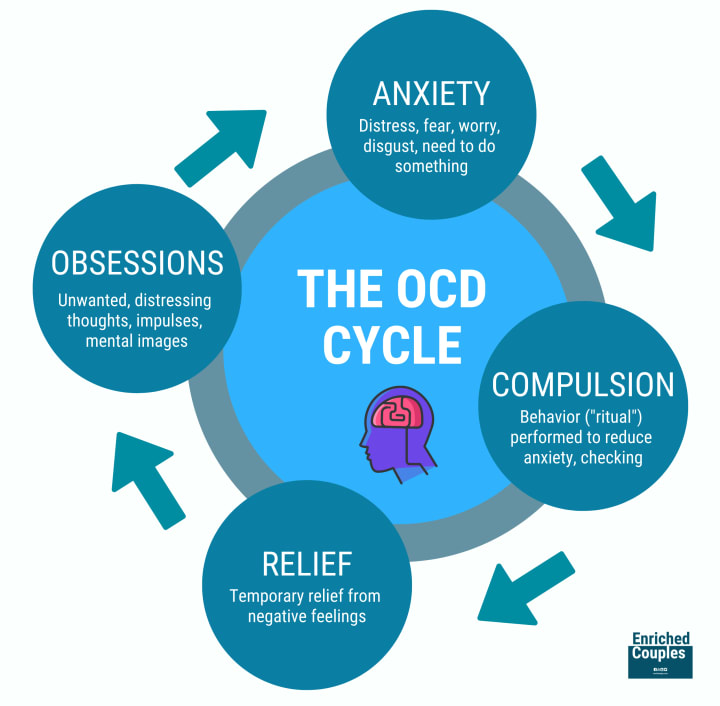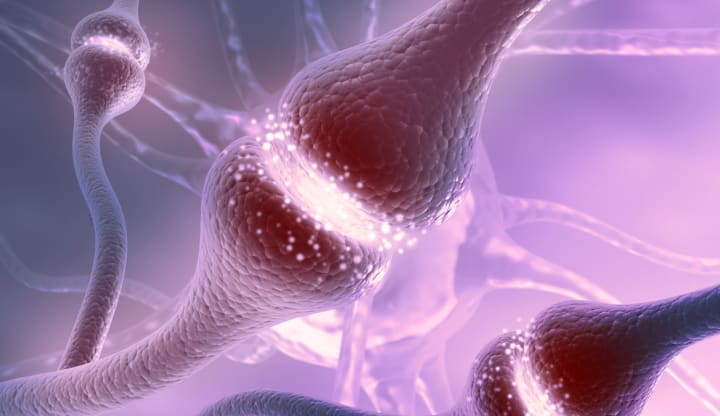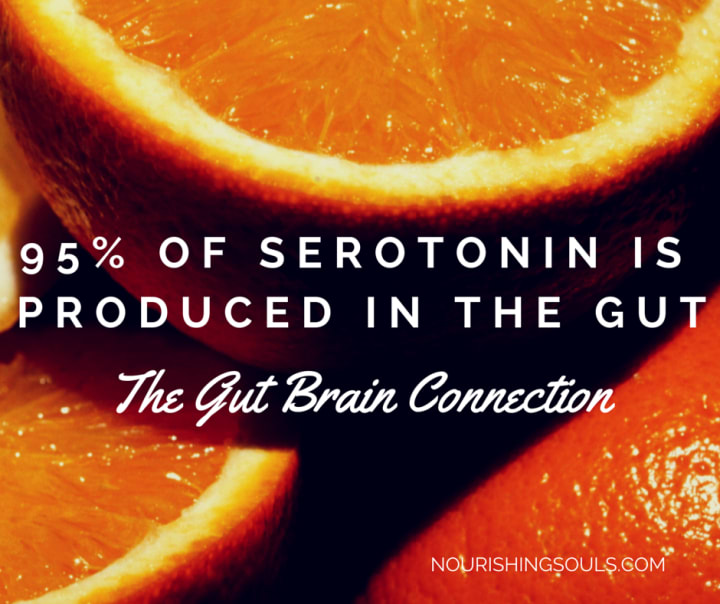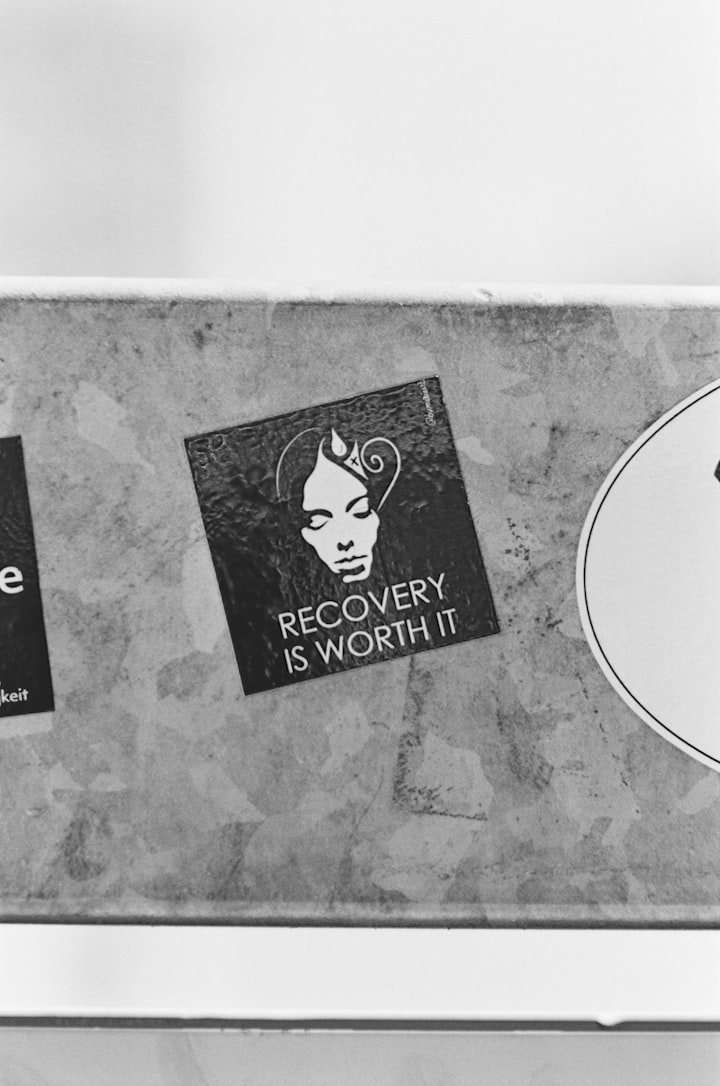Lower Levels of Serotonin and its Effects to the Body
associated with brain function, mood, and mental well-being

Serotonin is an important neurotransmitter in the CNS and affects the circulatory and cardiovascular systems. Serotonin is a known monoamine neurotransmitter synthesized from the amino acid, tryptophan. In the CNS, serotonin contributes to the regulation of sleep, appetite, and mood. It’s intricates are involved in memory and learning. While serotonin acts as a neurotransmitter in the CNS, it acts as a vasoconstrictor in the blood. It is also a growth factor which promotes healing and controls the release of insulin. Serotonin levels in the body is affected by many factors which include diet and drugs. Alban, (2019) suggests low serotonin levels is partially responsible for our current epidemics of depression and anxiety. Evidence base studies propose serotonin deficiency occurs when a person’s body doesn’t have enough serotonin activity. Furthermore, low levels of serotonin is linked to a range of physical and psychological symptoms, resulting; anxiety, depressed mood, aggression, impulsive behaviour, insomnia, irritability, low self-esteem, poor appetite, poor memory. In addition, suboptimal levels of serotonin are also thought to be associated with several psychological conditions, including: eating disorders, obsessive-compulsive disorder, panic disorder, post-traumatic stress disorder and social anxiety disorder (Healthline, 2005-2019).

Progressive Health, (2019) offer, low serotonin levels lead to anxiety, depression, obsessive compulsive disorder, tension headaches, and overeating. Serotonin is a hormone which is produced in the brain. Diets rich in carbohydrates and low in proteins increase serotonin production from insulin, likewise, foods which contains higher quantities of tryptophan than competing amino acids such as leucine and phenylalanine encourage serotonin production. Serotonin is a significant neurotransmitter because it affects most of the cells in the brain either directly or indirectly, this affects the levels of other neurotransmitters, for example; epinephrine, norepinephrine, dopamine, acetylcholine, glutamate, and GABA. These yield complex interactions in the brain; hence, the receptors to produce either excitatory or inhibitory responses in the central nervous system (Progressive Health, 2019).

In addition to neurotransmitters, serotonin receptors also control the release of hormones, namely; cortisol, prolactin, oxytocin, vasopressin and substance P. Substance P, the small peptide which transmits pain signals from the sensory nerves to the central nervous system, is also associated with regulating stress and anxiety (Wisegeek). Additionally, Serotonin, in the cardiovascular system, acts as a vasoconstrictor which helps stop bleeding. Moreover, it acts as a growth factor sponsoring the regeneration of new tissues for repair. Serotonin exerts its foremost effects on the brain sectors responsible for controlling mood, appetite, sexual desire and performance, sleep, memory, learning, social interactions, and temperature regulation. Due to serotonin’s profound effect on the CNS and on the cardiovascular and musculoskeletal systems, low levels of serotonin can cause serious effects (Progressive Health, 2019).

The symptoms of low serotonin levels are classified under two headings; Physical and Emotional. Physical symptoms of low serotonin levels include; Chronic, persistent fatigue, Sleep disorders, Loss of appetite and craving for carbohydrate, Hot flushes and fluctuating body temperature, migraines and headaches, Gastrointestinal pain. Whereby, emotional symptoms of low serotonin levels suggest; Emotional numbness and social withdrawal, Depression, Increased emotional sensitivity, Loss of interest in sexual activities and irritability & Obsessive-compulsive disorder (Progressive Health, 2019).

Mental Health Daily, (2013-2018) suggest low serotonin can cause problems in psychological functioning. If a person has low serotonin, they might feel highly stressed, convey sleeping issues, struggle with anxiety and/or panic attacks, and become susceptible to depression. Research suggests, SSRIs (selective-serotonin reuptake inhibitors) can help treat depression. Selective serotonin reuptake inhibitors (SSRIs) are antidepressant medications to help the body use serotonin more proficiently. Inhibiting serotonin reuptake through the presynaptic receptors for serotonin can make readily available, binding to the postsynaptic receptors. Resultant of more serotonin in the synapses between the ends of neurons, increases the amount available for use. It is understood that SSRIs don’t create more serotonin, but rather help the body use what it has more effectively (Healthline, 2013-2019).

Alban, (2019) argument, advert drugs of selective serotonin reuptake inhibitors (SSRIs) are believed to work by increased serotonin levels. That is, prescription antidepressants like Prozac and Zoloft turned serotonin into a household name for treatments for depression. Additionally, while serotonin is associated with brain function, mood, and mental well-being, surprisingly 95% of serotonin is produced in the intestines. Alban, (2019) defer to, the “second brain” in the gut which contains 100 million neurons, more than in the spinal cord or the peripheral nervous system. Researchers express uncertainty of why there is larger amounts of serotonin activity in the intestines. What can be understood is serotonin facilitates communication between the gut and the brain, however, serotonin used by the brain must be manufactured in the brain, since the serotonin generated in the gut is not able to pass through the brain’s protective filter. Remarkably, due to more serotonin residing outside of the brain, some experts consider serotonin as a hormone as well as a neurotransmitter (Alban, 2019).

Wlassoff, (2014) describes the serotonin system as complex. The serotonergic neurons have a broad range of physiological and behavioural processes of cardiovascular regulation, appetite, pain sensitivity, sexual behaviour, mood, respiration, cognition, learning etc. Their interplay has an important role in numerous psychiatric conditions, ranging from; anxiety disorders to schizophrenia, and behavioural impulse-related disorders (violence, attention deficit disorder, substance abuse, obsessive control). Wlassoff, (2014) has similar views of Best, Nijhout and Reed, (2010) offering, the level of serotonin is controlled by multiple mechanisms and any changes in the genes involved is likely to cause profound consequences. As example, defects in one of the serotonin receptors, 5-HT 1A, is known to lead to increasing anxiety. Whereas, the decreased level of serotonin produced by the action of enzyme monoaminoxidase A is linked to violent behaviour and antisocial personality disorder. Wlassoff, (2014) also conveys connections between serotonin level and suicidal behaviour. That is, lower levels of serotonin show evidence related with depression and suicidal behaviour. Wlassoff, (2014) explains there are many genetic factors leading to decreased levels of serotonergic activity in regions of the brain. These contributions advance many disorders. Furthermore, scientific estimates suggest that genetic factors play a role in 30–50% of suicides. Several genetic alterations in the gene for tryptophan hydroxylase report to relate to suicidal tendencies. That is, this enzyme is inherent in biosynthesis of serotonin, and its genetic modifications easily affect the level of this mediator (Wlassoff, 2014).

Conclusively, the scientific issues of human health exposes low levels of serotonin found deficits in physical and psychological functioning in a person and their multiple mechanisms. Low serotonin levels have a negative impact on a person’s overall health and longevity. That is, serotonin is the neurotransmitter in the CNS and other complex body systems which relate to a wide range of behaviours to include feeding and body-weight regulation, social hierarchies, aggression and suicidality, obsessive compulsive disorder, alcoholism, anxiety, and affective disorders. Consequently, therefore not producing enough serotonin in the body can have many effects on a person’s overall mental and physical health.

References
Alban, D., (2019). Serotonin Deficiency: Signs, symptoms, solutions. Be Brain Fit & Blue Sage, LLC. Retrieved from https://bebrainfit.com/serotonin-deficiency/
Best, J., Nijhout, H.F, & Reed, M. (2010). Serotonin synthesis, release and reuptake in terminals: a mathematical model. US National Library of Medicine, 7(34),
doi:10.1186/1742-4682-7-34
Healthline Media, (2005-2019). Serotonin deficiency: What We Do and Don’t Know. Retrieved from https://www.healthline.com/health/serotonin-deficiency
Mental Health Daily, (2013-2018). Low serotonin levels (Symptoms). https://mentalhealthdaily.com/2015/04/05/low-serotonin-levels-symptoms/
Progressive Health, (2019). Low serotonin symptoms. Retrieved from http://www.progressivehealth.com/low-serotonin-symptoms.htm
Wise Geek, (2003-2019). What are the effects of low serotonin? Retrieved from
https://www.wisegeek.com/what-are-the-effects-of-low-serotonin.htm
Wlassoff, V., (2014). Serotonin and behaviour. Biopsychosocial Health. Global Neuroscience Initiative Foundation (GNIF).
About the Creator
Shanie Walker
Shanie Walker is a Holistic Behavioural Therapist, awards, and honours in Art Therapy, Dialectic and CBT. Shanie is a Psychologist and Registered Professional Hypnotherapist. Accredited Nutritionist, and Master Degree in Fitness.






Comments
There are no comments for this story
Be the first to respond and start the conversation.